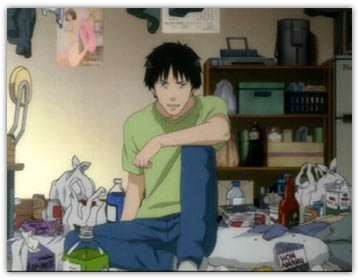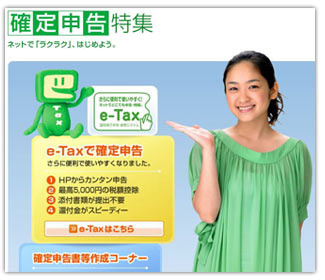I saw in a news article that the word hikikomori (pronounced “hee-kee koh-moh-ree”) had officially found its way into the Oxford Dictionary of English, Third Edition, which was published last week. Translatable as shut-ins, stay-at-homes, agoraphobes or — as my daughter delicately suggested, “indoor people” — hikikomori are individuals who have pulled back from society, shunning human contact often in favor of online interaction. Although there are reclusive types in every society, the large numbers of Japanese NEETs — meaning “Not involved in Education, Employment or Training” — has the government worried, since 1.2 million citizens not working or paying taxes can’t be good for the bean counters. The phenomenon of hikikomori is often taken up in popular manga and anime culture, including such works as Welcome to the N.H.K. and Sayonara Zetsubou Sensei / Goodbye Mr. Despair, and is often romanticized as the ultimate expression of otaku spirit. Incidentally, J-List has great T-shirts for aspiring hikikomoris and otaku, so check them out.

Hikikomori is now an English word.















